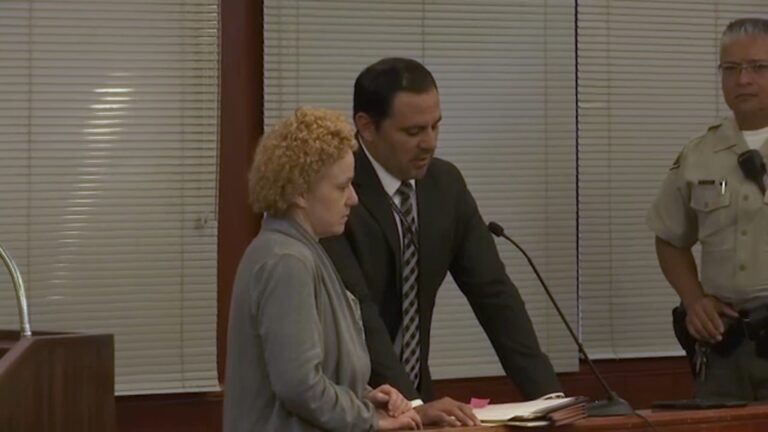
You’ve just accepted a job offer, celebrated with your friends, and maybe even turned in your resignation. But then — out of the blue — the employer rescinds the offer. Can they really do that?
Unfortunately, yes — job offers can be taken back even after you’ve accepted them. While it might seem unfair or even unethical, there are legal and practical reasons behind it. In this article, we’ll break down why employers rescind offers, whether it’s legal, what your rights are, and what you can do if it happens to you.
Can an Employer Legally Revoke a Job Offer After You’ve Accepted?
Yes — but there are conditions
In most states, job offers (even accepted ones) are not legally binding contracts unless stated otherwise. This means that, unless you’ve signed an employment agreement guaranteeing your position, the employer can legally withdraw the offer at any time before your start date.
At-will employment plays a role
The U.S. operates largely under an at-will employment system, which means either the employer or employee can terminate the relationship at any time, with or without cause. This also applies before your first day on the job — making it legally permissible for companies to revoke an offer for nearly any reason, unless it violates anti-discrimination laws.
Common Reasons Employers Rescind Job Offers
Even though it’s legal in many cases, it’s not always arbitrary. Here are some common and valid reasons employers might pull back an offer:
- Failed background checks or drug screenings
- Budget cuts or unexpected changes in company finances
- Internal restructuring that eliminates the position
- Negative references or newly discovered red flags
- Delays or failures in verifying credentials
Important: Employers generally won’t rescind an offer without a reason, but they’re often not legally required to disclose that reason either.
Is It Considered Wrongful or Discriminatory?
While rescinding a job offer is often legal, doing so for the wrong reasons can be illegal.
When it crosses the line
If a job offer is taken back based on:
- Race
- Gender
- Age
- Religion
- Disability
- Sexual orientation
…then it could constitute discrimination, which is unlawful under federal Equal Employment Opportunity (EEO) laws.
Misrepresentation or breach of contract
If the company made specific promises that you relied on (e.g., moving cross-country, quitting a current job), there may be a case for promissory estoppel — a legal concept where one party is harmed by relying on another’s promise.
In some cases, you might be entitled to compensation for:
- Relocation expenses
- Loss of income
- Other damages caused by reliance on the offer
What Should You Do If a Job Offer Is Rescinded?
Getting that phone call or email can be devastating — but here’s how to handle it:
1. Ask for a Clear Explanation
Politely request the reason for the decision. This helps you understand if it was:
- A routine internal change
- A problem with documentation
- A discriminatory action (in which case, legal counsel may be necessary)
2. Check Any Signed Documents
Review any paperwork or offer letters. Look for:
- Clauses about rescindment
- Start dates and contingencies
- Employment terms that may affect your rights
3. Explore Legal Options
If the offer was rescinded unfairly or caused you harm, consider consulting an employment attorney. Especially if you quit another job based on the offer, you may have a legal claim.
4. Start Job Hunting Again — Immediately
Don’t wait too long. Dust off your résumé and reconnect with recruiters. You’re not starting from scratch — you likely already have momentum.
How to Protect Yourself in the Future
While not all offer rescindments can be prevented, here are a few proactive steps you can take:
- Get everything in writing. A verbal offer holds little weight legally.
- Wait to give notice. Don’t quit your current job until the new one is guaranteed.
- Ask about contingencies. Clarify if the offer depends on background checks, budget approval, or other factors.
- Negotiate a written contract. While not always possible, a formal agreement provides stronger protection than a generic offer letter.
Final Thoughts: Stay Informed and Prepared
So, can a job take back an offer after accepting? Yes — and while it’s often legal, it can still feel like a punch to the gut. The best thing you can do is stay informed, protect yourself with smart documentation, and always have a backup plan.
If this has happened to you, you’re not alone. Many job seekers face this situation, and there are ways to recover — sometimes even with stronger opportunities.

Andre Cuevas provides career insights, job search strategies, and professional advice to help individuals navigate the job market and achieve their career goals.





